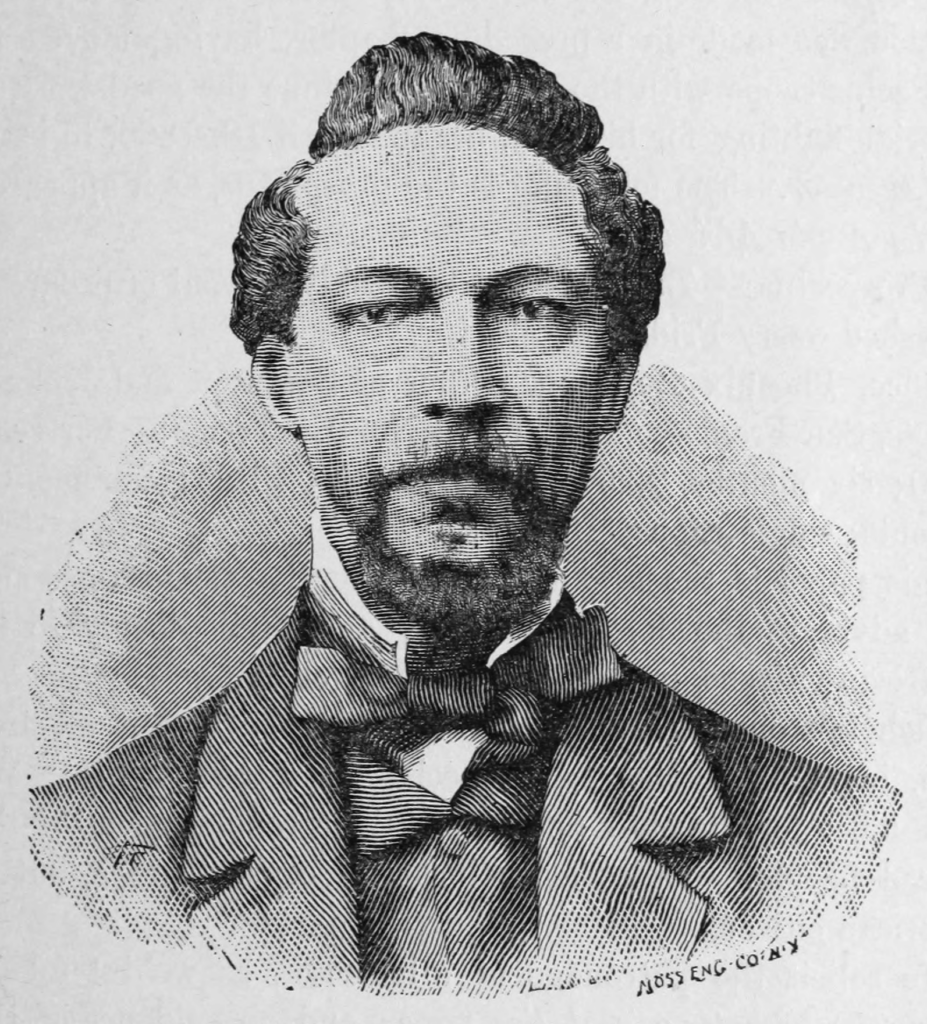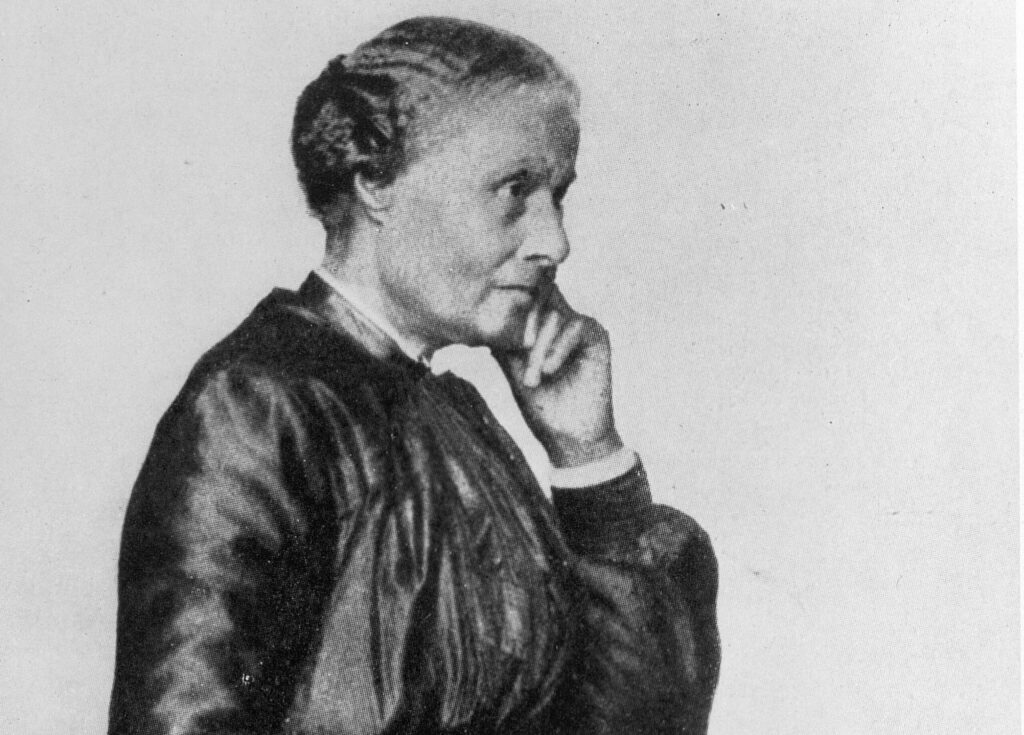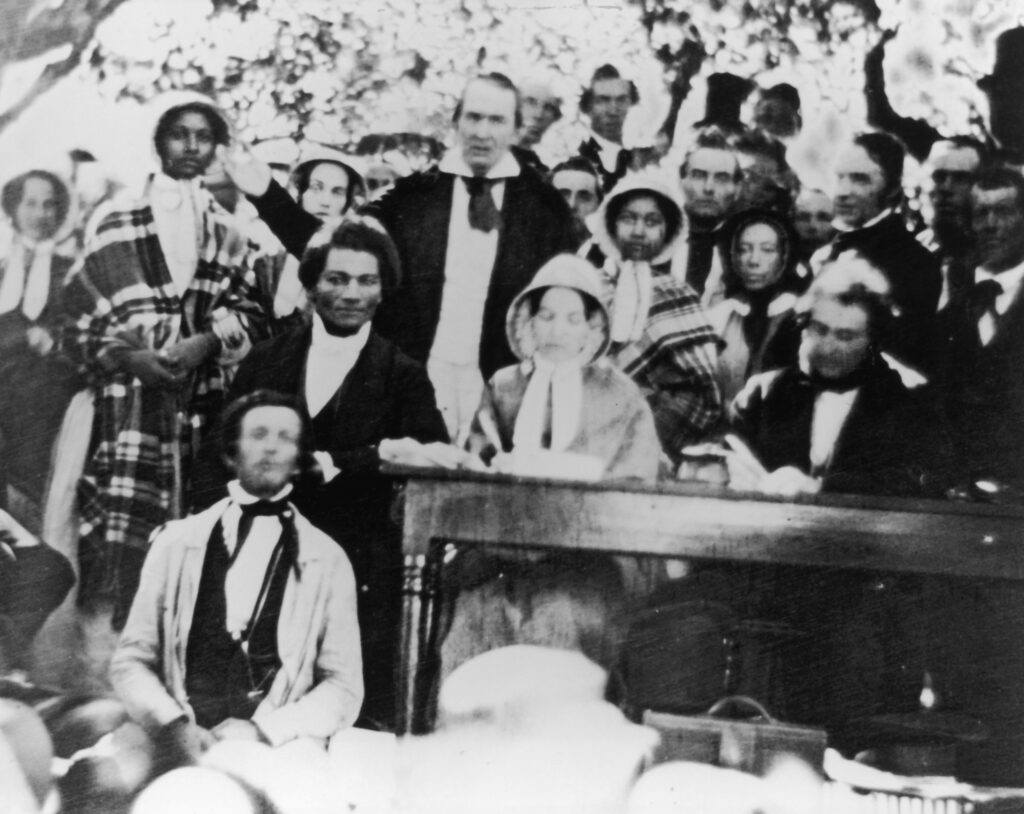How Philip Alexander Bell pioneered the Black press of the West
The pioneering Black journalist and newspaper editor played a crucial role in shaping the Black press during Reconstruction.

Philip Alexander Bell was a powerhouse of the Black press during Reconstruction, wielding journalism as a weapon against injustice. The fearless editor and visionary leader shaped public discourse through hard-hitting reporting and relentless advocacy. At the helm of influential newspapers like The Elevator, Bell championed racial equality, political empowerment, and economic justice, ensuring that Black voices were not just heard but amplified. In a post-Civil War America where the fight for freedom was far from over, his work provided a vital platform for African Americans demanding their rightful place in the nation’s future.
A Voice for the Newly Freed
Born in New York in 1808, Bell developed a passion for civil rights activism early in life. He became involved in the abolitionist movement, working with prominent figures such as Frederick Douglass and William Lloyd Garrison. Before the Civil War, Bell edited Garrison’s Liberator, a newspaper that challenged racist policies and promoted Black advancement. His commitment to justice continued through Reconstruction, a period when the Black press became an essential force for advocacy.
As millions of formerly enslaved individuals gained freedom, the question of their rights and integration into American society dominated public discourse. White-owned newspapers often portrayed Black citizens in a negative light, reinforcing stereotypes and resisting racial progress. Bell and his contemporaries countered this misinformation by publishing newspapers that addressed issues affecting Black communities, promoted literacy, and demanded political representation.
The Elevator: Raising Black Voices
In 1865, as Reconstruction unfolded, Bell moved to San Francisco and founded The Elevator, a newspaper. The paper quickly became a leading voice for African Americans in the West. Bell used its pages to advocate for voting rights, desegregation, and equal treatment under the law.
One of The Elevator’s key contributions was its coverage of discriminatory laws in California and beyond. Bell exposed injustices in employment, education, and public services, ensuring that these issues received widespread attention. His fearless reporting played a role in the push for civil rights legislation that would protect Black citizens from racial oppression.
Championing Black Political Participation
Bell was a staunch advocate for Black political participation, believing that African Americans must have a voice in shaping the nation’s future. Through his editorial writing, he encouraged Black men to register to vote, run for office, and challenge laws that limited their freedoms. His efforts aligned with the broader mission of Reconstruction, which sought to integrate Black citizens into the political system.
However, Bell also understood the dangers of racism and the resistance from white supremacists who sought to undermine Black political progress. His newspaper frequently warned readers about the rise of discriminatory policies and the threat of violence against Black voters. In doing so, The Elevator helped prepare Black communities for the political challenges they faced.
A Lasting Legacy
Philip Alexander Bell’s contributions to journalism and the Black press continued long after Reconstruction ended. His work laid the foundation for later Black newspapers, including The Chicago Defender and The Pittsburgh Courier, which carried on the tradition of advocating for civil rights and racial justice.
Bell’s commitment to truth and justice ensured that the Black press remained a vital force for change. His legacy is a testament to the power of journalism in the fight for equality, making him one of the most influential Black editors of the Reconstruction era.




